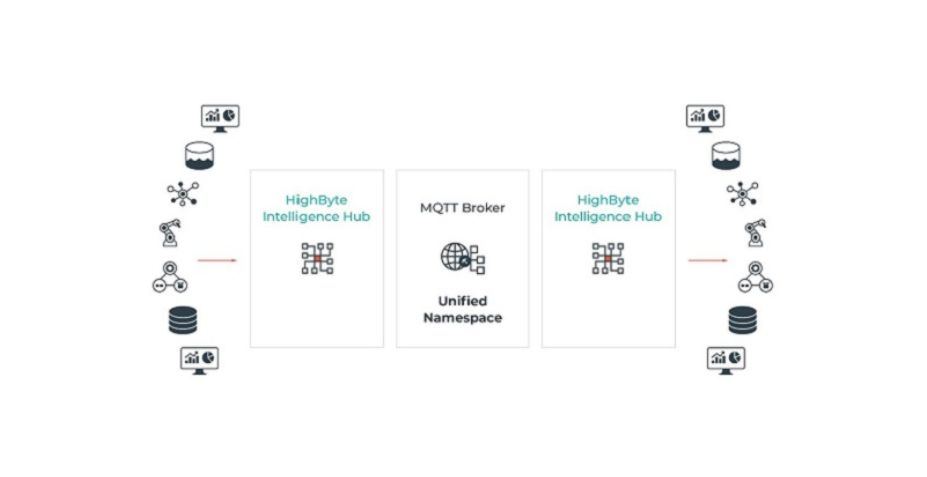 December 2, 2025
December 2, 2025 Why Manufacturers Should Implement Asset Performance Management
Manufacturers today face constant pressure: shorter production cycles, tighter margins, and the need for uptime. For automation and control engineers, moving from reactive troubleshooting to…
Read Article







